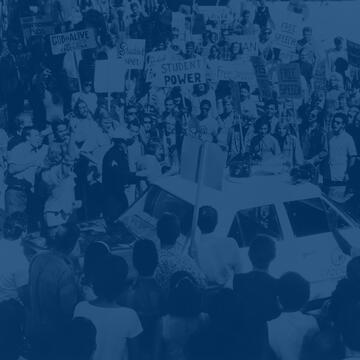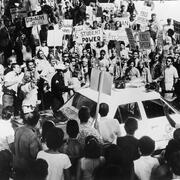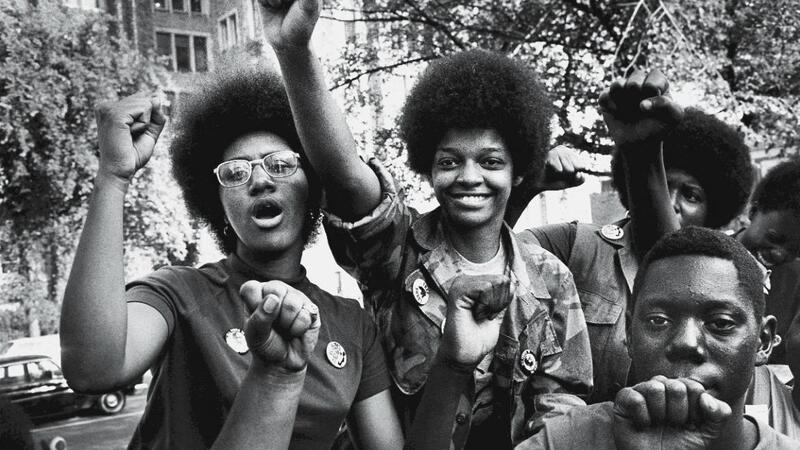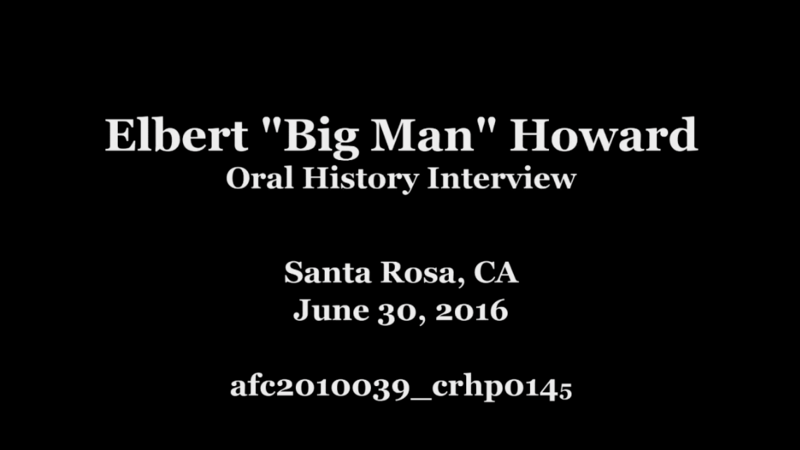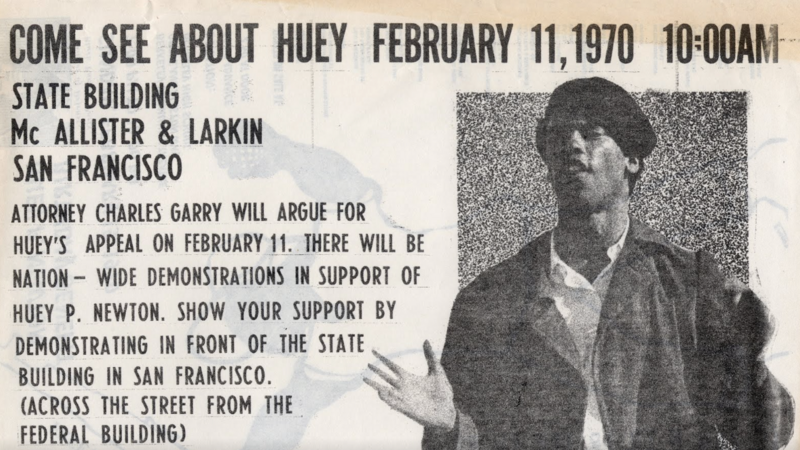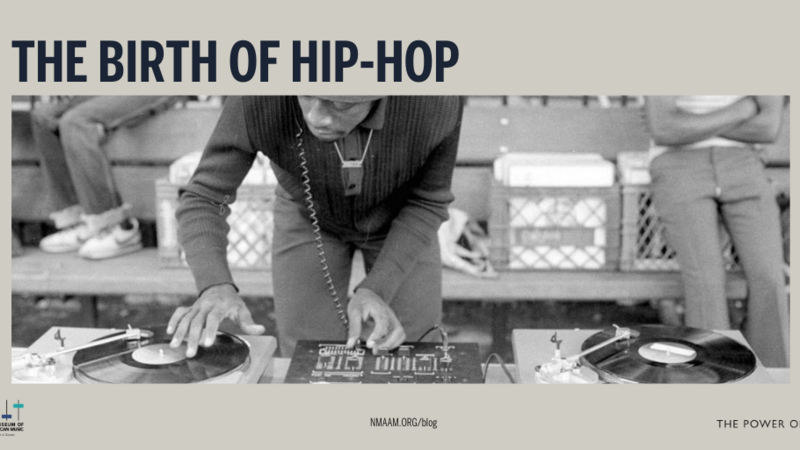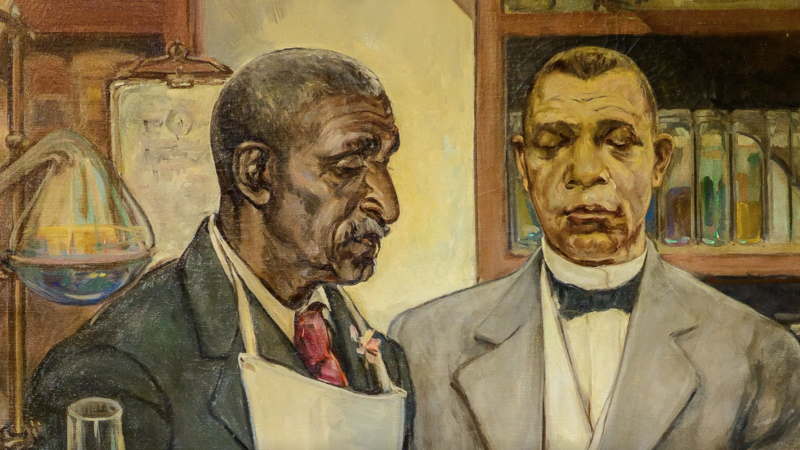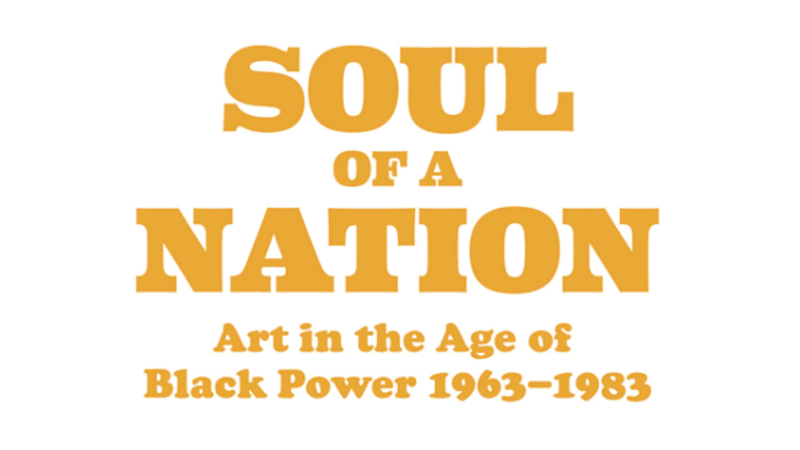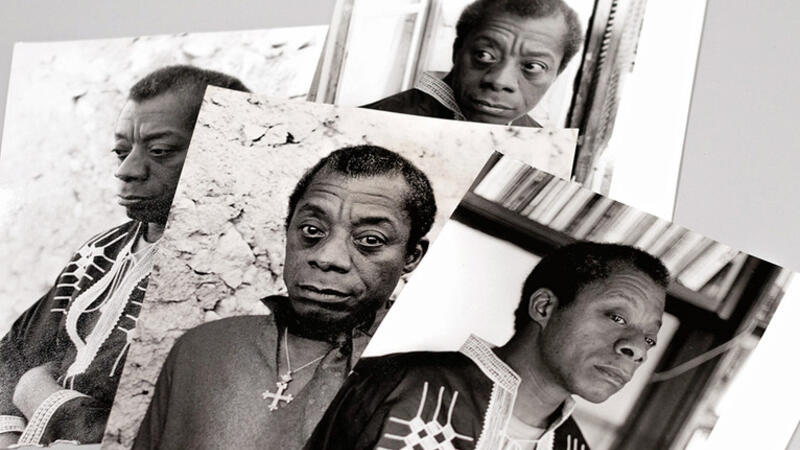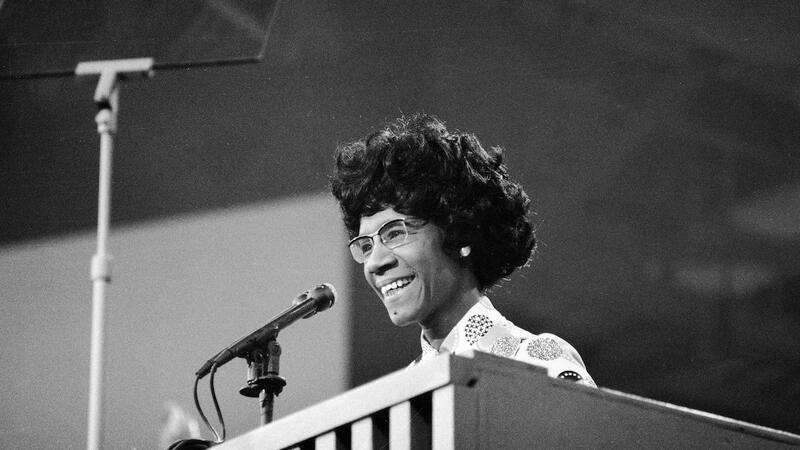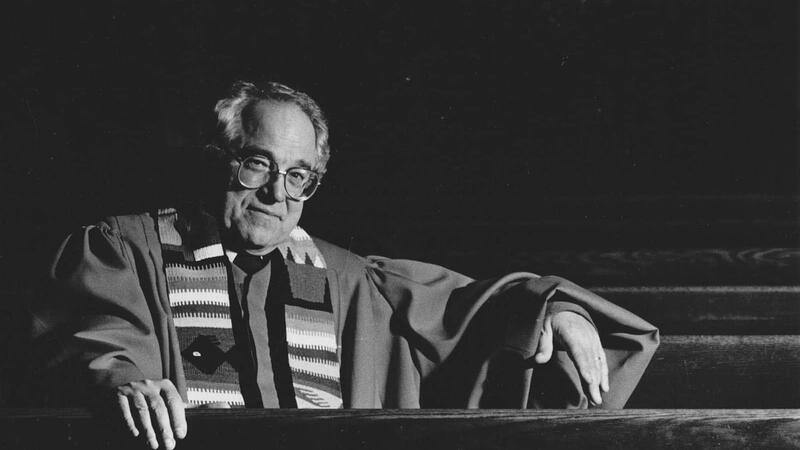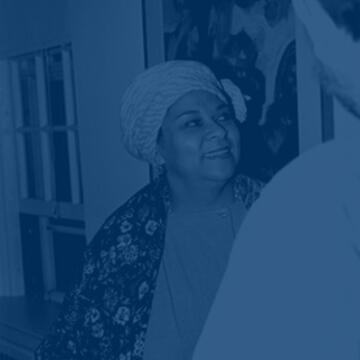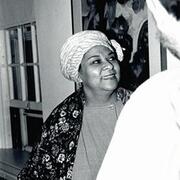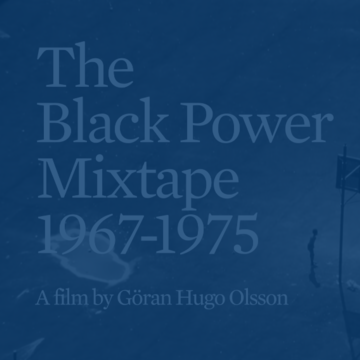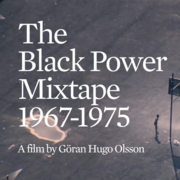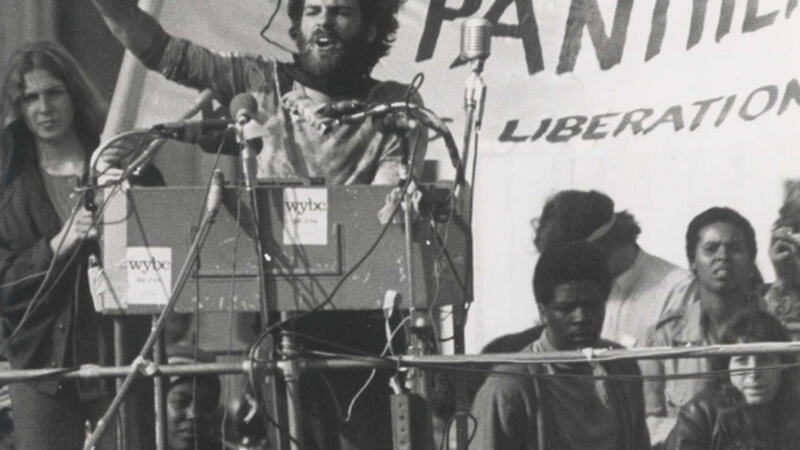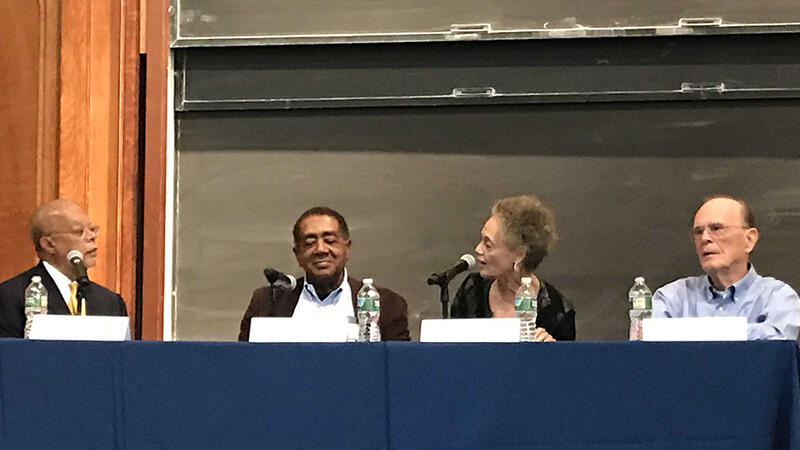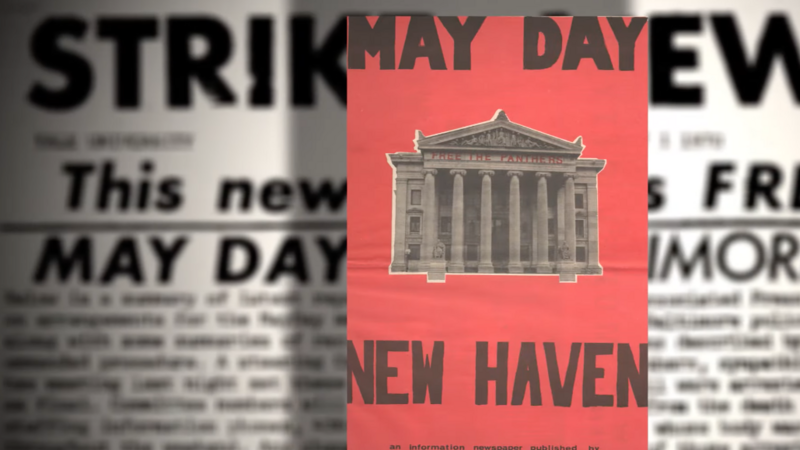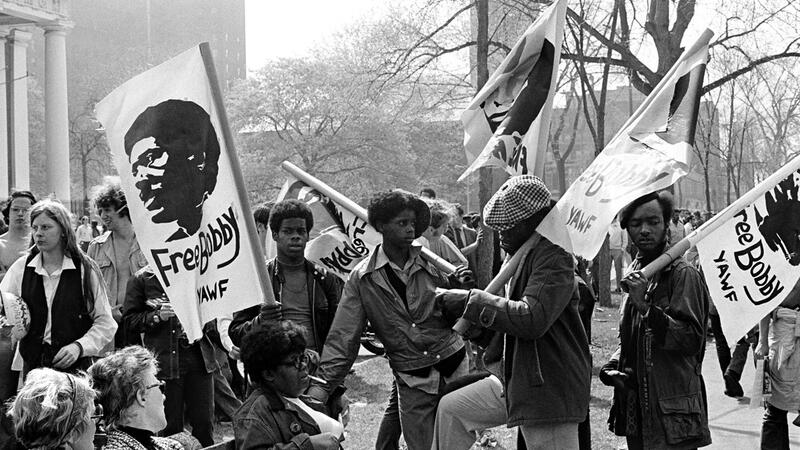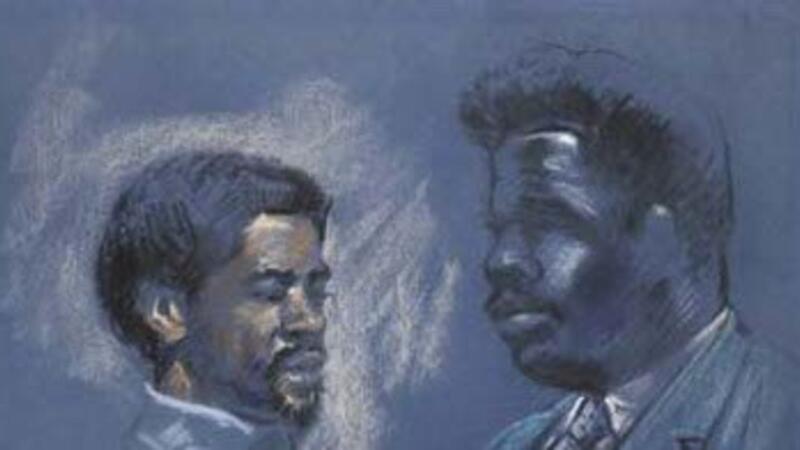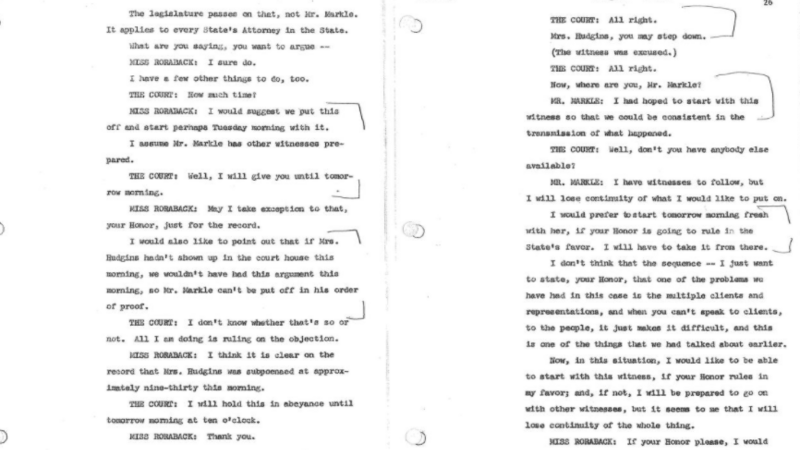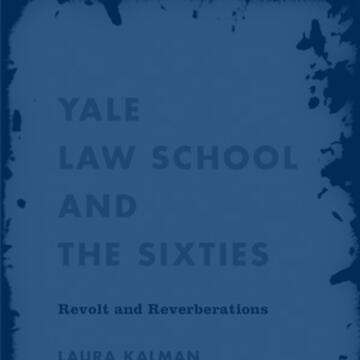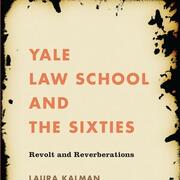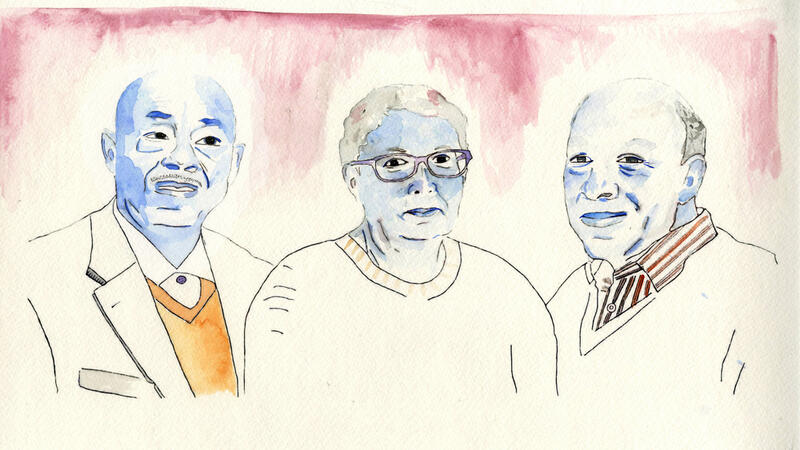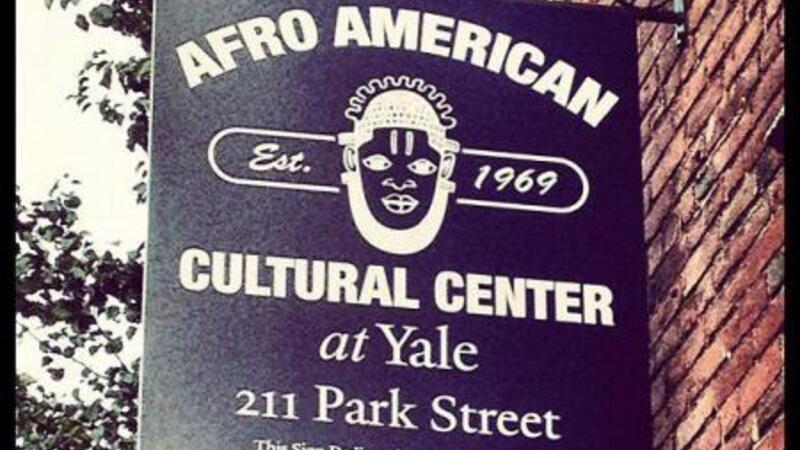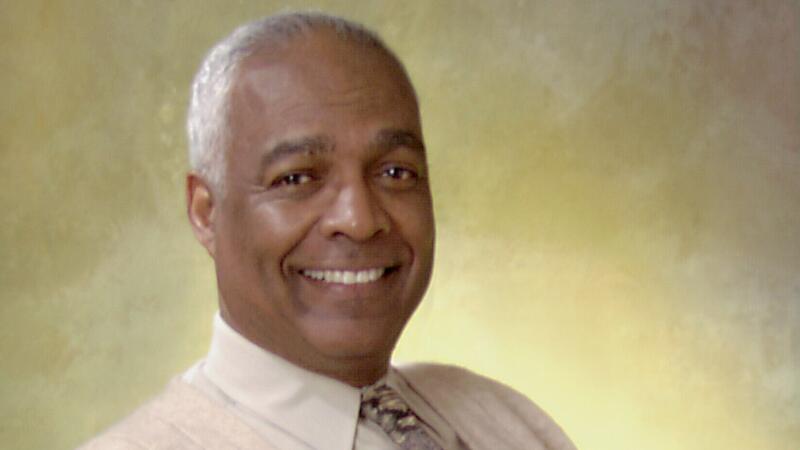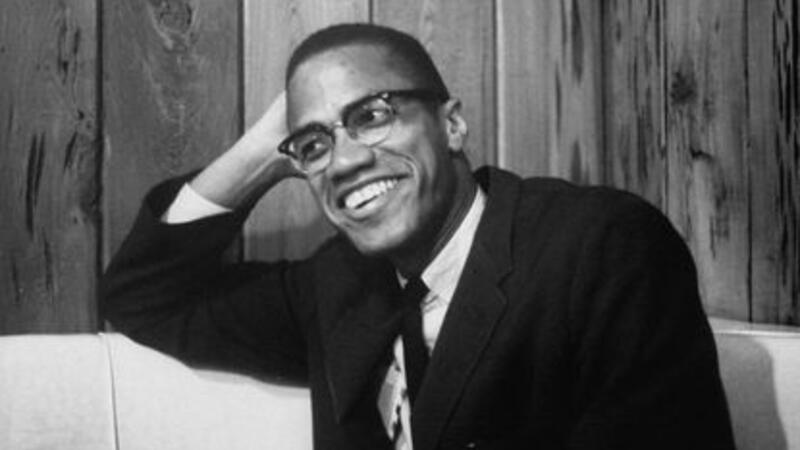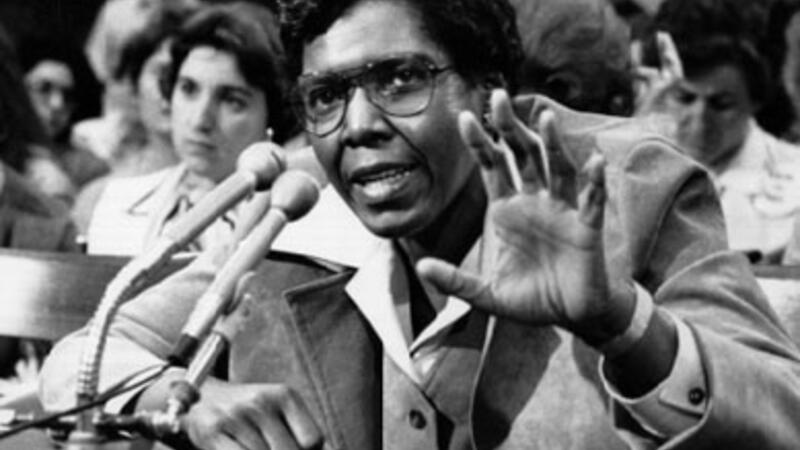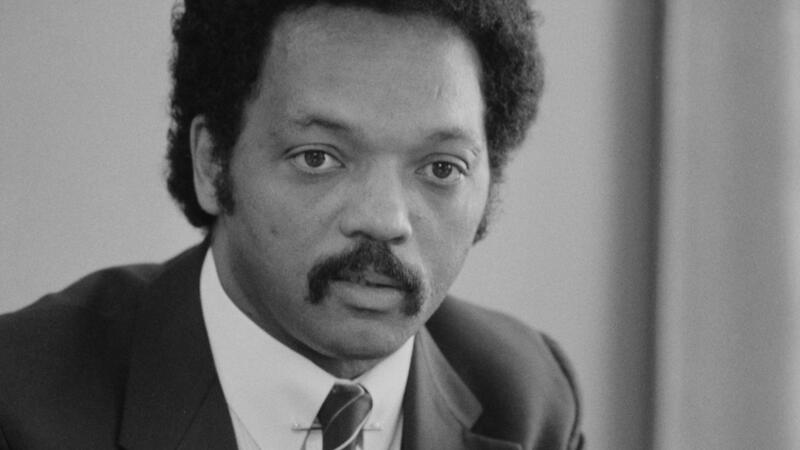1968 was a turning point in the African American Civil Rights Movement and in U.S. history. Just as the backlash of Jim Crow had struck down the progress of the Reconstruction nearly a century earlier, a series of assassinations extinguished the leaders of the 1960s movement and threatened the progress they fought so hard to achieve. The somber and sobering pinnacle of a decade that began with the assassination of John F. Kennedy, Jr and saw the murders of Malcolm X and Medgar Evers was its closing with the killing of Martin Luther King, Jr. and Robert F Kennedy in 1968. This progression of events gave a sense of urgency to young Black leaders who responded to the shocking losses with an increasing doubt that non-violent means would ensure justice for their communities. The Black Power movement gained momentum on the heels of these events, arising from the ashes of the riots that followed King’s assassination, amidst the urban blight of America’s still largely segregated cities. Against this backdrop, Yale, like educational institutions across the country, began opening its doors to African American students, and soon found itself the backdrop of the famed Black Panther Trials.
As you explore this Yale Alumni Academy program, African American Civil Rights: From Reconstruction to Right Now, you'll experience a story that spans from the end of the Civil War through today. This program features four themes: Reconstruction, Rights, Revolution and Right Now, explored through online museum exhibits, videos, collections from Yale's archives, virtual visits to historical sites around the country and live events.
